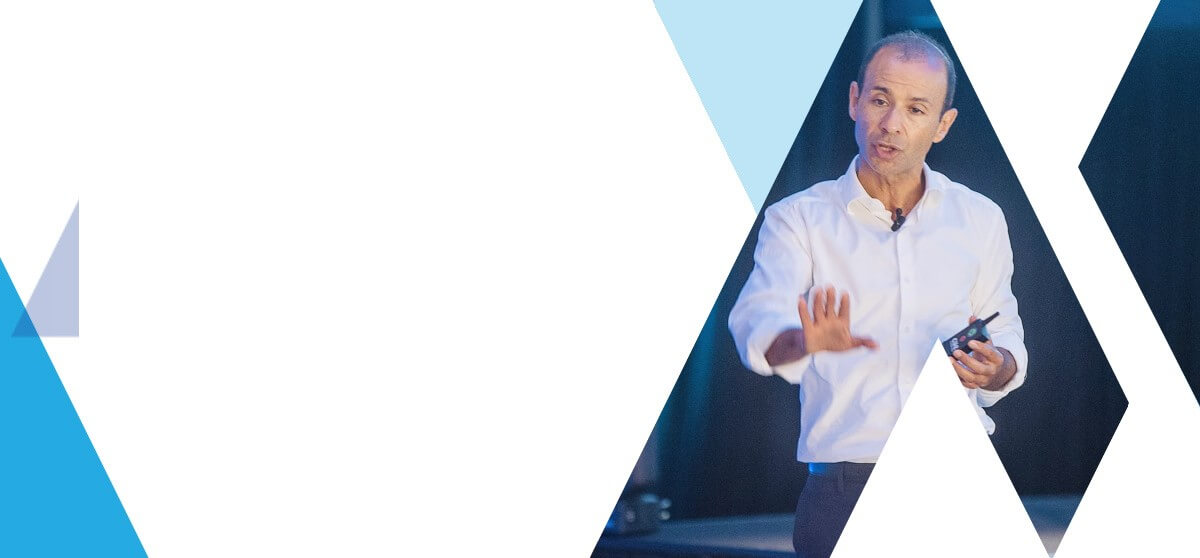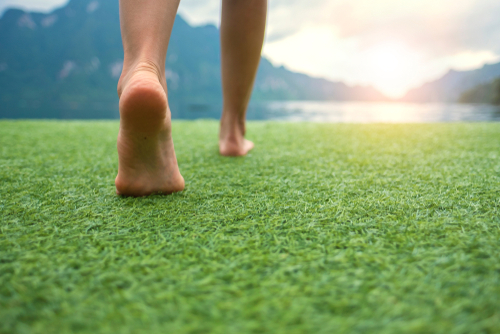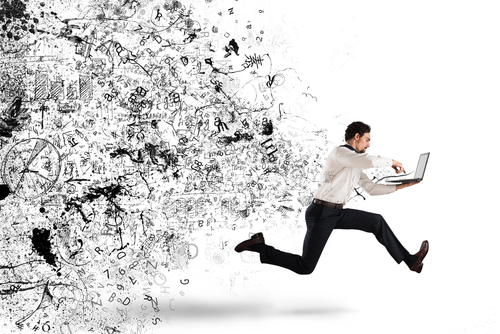Today we focus on the life hack for healthy eating. First, we want to point out that “Eating healthy can be unhealthy”. We are not against healthy eating, but we are against an obsession with diets and labels. Your emotional wellbeing is much more important to your overall health than what you eat. Yes, food is medicine at the cellular physical level but sunshine, sleep, socialising and fulfillment is a much more potent medicine on the emotional level.
Furthermore, the focus on what to eat is a one-dimensional view of healthy eating. Eating is a process that starts with what food you buy, how you store, how you cook, when you eat, how much you eat and your mental state when you eat. The process can break down anywhere along this value chain. The process is only complete when you absorb what you eat.
The 3 Essential Tests
We live in an age where bio-metric testing is accessible. Don’t second guess what is healthy for your own unique cells. Get tested. Avocado is not healthy for everyone. Nor is kombucha or coffee or eggs or goji berries or whatever is the latest craze. Conversely, eating gluten or dairy or meat is not bad for everyone either. So please don’t buy into fad diets and health evangelists. By getting tested you will find out what foods should be avoided for your genetic type. You can do 3 tests to start with. Blood test, hair mineral analysis and gut microbiome. See a qualified health practitioner. And yes, some doctors are now also doing these tests. It is not only for naturopaths.
The following 14 eating rules provide the real answer to eating ‘properly’. They reflect the fact that our nutritional requirements change in a 24-hour cycle AND in an annual cycle of spring, summer, autumn, winter. So being paleo, keto or vegan is not really an accurate label to put on yourself. You need to live in tune to the natural cycles of the earth. This “Seasonal Living” is the single most important principle to healthy living. The seasons affect us at a physical and emotional level. We “feel” different in winter compared to summer. We want stillness and crave more comfort foods in winter; soups v’s salads. Summer is about relaxing in the sun. Autumn is about review, reflection and tacking stock of our lives. Spring is about growth. The more we mirror nature and adapt to these cycles, the healthier we will be.
When to Eat, How Much to Eat and How to Eat
1. Eat more protein in winter. We are generally less active in winter and so we need to eat less carbs. Eating more protein curbs your appetite for carbs.
2. Eat more carbs in summer. Nature produces fruits higher in sugar carbs in summer for a reason. We are more active in summer and therefore need more glucose for fuel.
3. Eat fruits and vegetables in season. Even meats and fish are seasonal. Our body needs different nutrients at different times of the year depending on the change season, especially spring and autumn. Respect that. For example, it’s not always healthy to eat blueberries year round! Your body needs to create its own antioxidants sometimes and different antioxidants from other sources. Reliance from one source like blueberries can make your cells lazy. Example two: Some seasons require citrus to ward off colds and flu.
4. Eat in a window of 8-12 hours preferablyduring daylight hours. You need to abstain from food the other 12-16 hours. Be careful from fasting for periods longer than this without guidance of a health practitioner because fasting can boost adrenalin and stress you out. And stress is much more harmful than not detoxing.
5. Don’t snack between meals. Allow yourself to go hungry before eating your next meal or snack. Going hungry means your body has processed the last meal. How long it takes depends on your activity level. The more active you are the quicker you will go hungry. Don’t reach for snacks simply because they are there.
6. Exercise/move before your meals. Exercise expends the glucose in your cells so they are ready to take in more glucose. If your cells are overloaded with glucose, they will store the excess as fat. In fact, I would rate this as the number one rule.
7. Eat out in sunlight/nature. The sun on your skin and eyes produces leptin cells and these are important in regulating how much you eat. They are the on/off button for your hunger.
8. Don’t eat heavy meals after the sun goes down. If you cannot sleep because you are hungry, then eat very light low-fat foods like papaya or berries.
9. If you have a stressful day and feel like you have been running on adrenalin all day, then eat more of your carbs as the last meal of the day. Make it clean, slow burning carbs from vegetables such as sweet potato, pumpkin and broccoli. Whilst eating more carbs at night may not be great for your waistline, it is better for your mental health because carbs will help you sleep. You should always trade sleep for any other fitness goal.
10. Do not overeat. There is a tipping point where the fuel you get from eating is cancelled out by the energy you burn in digesting your food. Overeating also taxes your organs and temporarily surges cholesterol and lipid proteins. Most arteriolosclerosis occurs after a big heavy fatty meal, especially at night.
11. You are not what you eat but rather what you digest. Eating in a relaxed state will help you absorb more nutrients. If you are stressed, ALL food becomes toxic in your body.
12. Relax before you eat. Exercise will generally put you in a relaxed state but if you are stressed you need to also meditate before you eat to switch on your ‘rest and digest’ parasympathetic nervous system.
13. Don’t have intense discussions when you eat. Don’t watch TV or scroll devices while you eat. You are disrupting the connection between your sense of sight, smell, sound, touch and taste. The brain sends a signal to your body to release the right enzymatic spectrum to digest the food you are eating. When you are NOT engaged with your food, you will not digest your food efficiently.
14. Rest after eating. The process of eating has not finished until the nutrients have been absorbed, so it is important that you stay relaxed and rest after a meal. That is when most of your absorption occurs.
The above is a brief summary of the most important protocols for eating hacks. Our faculty experts, Alessandra Edwards and Mark Bunnwill do a deeper dive into these and other lifestyle and nutritional hacks at Upgrade Your Life 2020.






